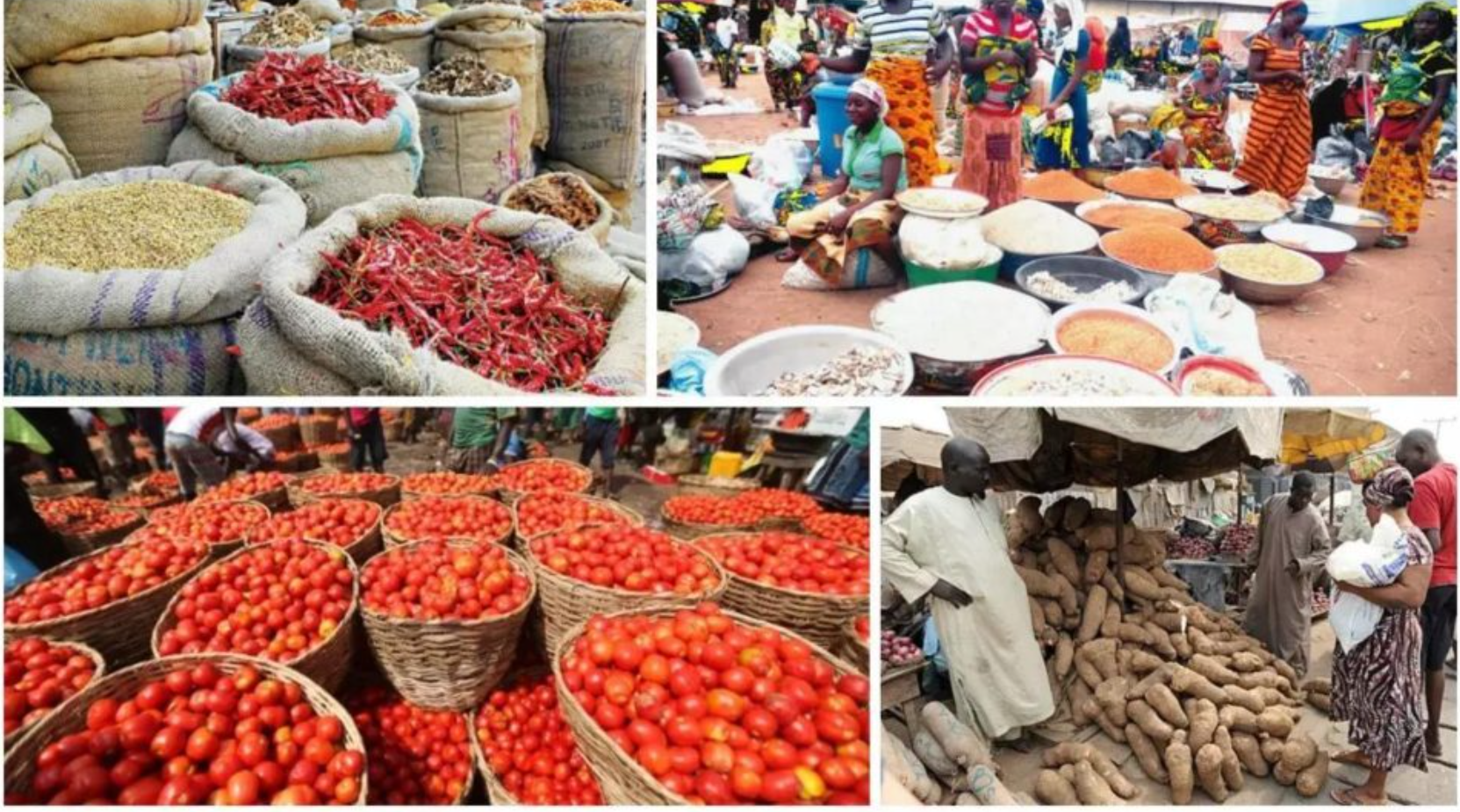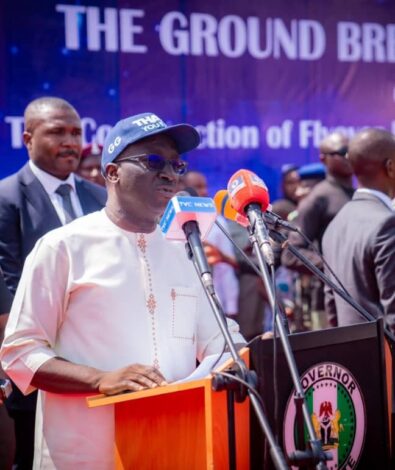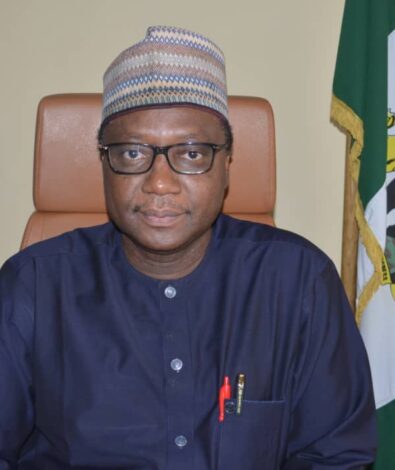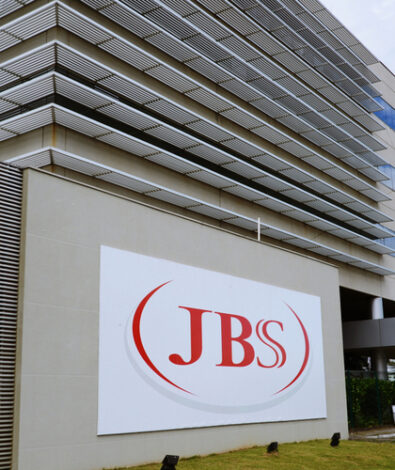Why Sub-national fiscal discipline is key to reducing inflation in Nigeria – Experts

Financial experts have emphasized the urgent need for the Nigerian government, particularly at sub-national levels to implement strict fiscal discipline measures to address the nation’s escalating inflation rate.
The experts who expressed their views in separate chats noted that this would help check the rising inflation rate and ameliorate the current economic hardship.
Chief Executive Officer of the Centre for the Promotion of Private Enterprise (CPPE), Dr. Muda Yusuf pointed out that fiscal irresponsibility, particularly at the sub-national levels of government, is a significant contributor to the rising inflation.
“The government should entrench fiscal discipline to curb the nation’s rising inflation rate. This, particularly, at the sub-national levels of government, where public funds are often not judiciously used, this exacerbates the rising inflation rate because funds are not injected into key sectors of the general economy,” Yusuf said.
Interest rates to curb inflation
President of the Chartered Institute of Taxation of Nigeria (CITN), Mr. Samuel Agbelaye noted that the Central Bank of Nigeria (CBN) cannot solely rely on raising interest rates to curb inflation due to the unique economic circumstances of the country.
He stressed the importance of the federal government prioritizing budget allocations to avoid excessive spending on recurrent expenditures while neglecting crucial capital investments.
“This often worsens the current inflation rate because the bulk of disbursements usually do not reach the productive sectors,” he explained.
Agbelaye emphasised the importance of having more refined petroleum plants locally to control inflation.
He noted that the establishment of the Dangote refinery and other privately owned petroleum plants will enable the country to achieve self-sufficiency and reduce the volume of foreign exchange expended on imports.
“Consequently, Nigeria could become a net exporter of refined petroleum products, earning more foreign exchange in the process,” Agbelaye said.
Intervention schemes to support farmers
Project Coordinator of NISI Agro Allied Services, Mr. Nnamdi Ifenkwe called for enhanced intervention schemes to support farmers in Nigeria.
He emphasized the importance of providing farmers with access to soft loans to purchase improved seedlings and receive technical assistance from agricultural non-governmental organizations.
“This approach will ensure that the country achieves self-sufficiency in food production and addresses the exorbitant costs,” Ifenkwe stated.
Highlighting the need for comprehensive support, Ifenkwe urged all levels of government to invest more in modern storage facilities to reduce post-harvest losses in rural areas.
He also emphasized the importance of addressing the insecurity that hampers farming activities in many agrarian states.
“Addressing these issues will enable more youths to engage in mechanized agriculture to earn a living, especially now that there are more innovative ways to enhance agriculture and its entire value chain,” Ifenkwe said.
What you should know
- Nigeria’s inflation rate surged to 33.95% in May 2024, up from 33.69% in April 2024, according to the latest Consumer Price Index (CPI) report released by the National Bureau of Statistics (NBS).
- This increase of 0.26%-points marks a steady rise in the cost of living, with year-on-year inflation rates jumping by 11.54%-points from 22.41% in May 2023.
- However, the report highlights that while the month-on-month headline inflation rate in May 2024 was 2.14%, it represented a slight decrease from April’s 2.29%.
- This suggests a slower rate of price increase compared to the previous month.



